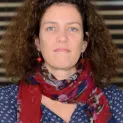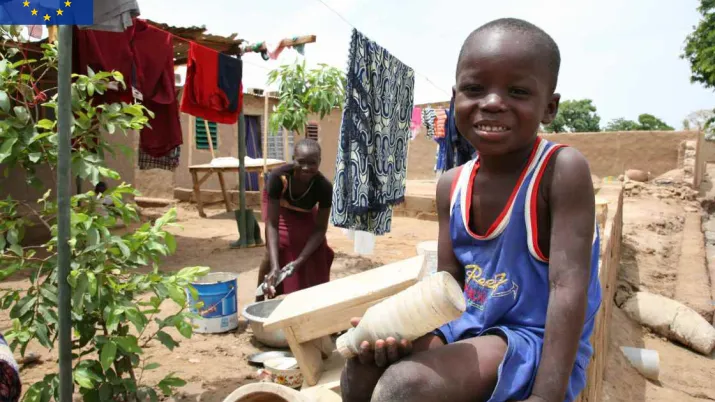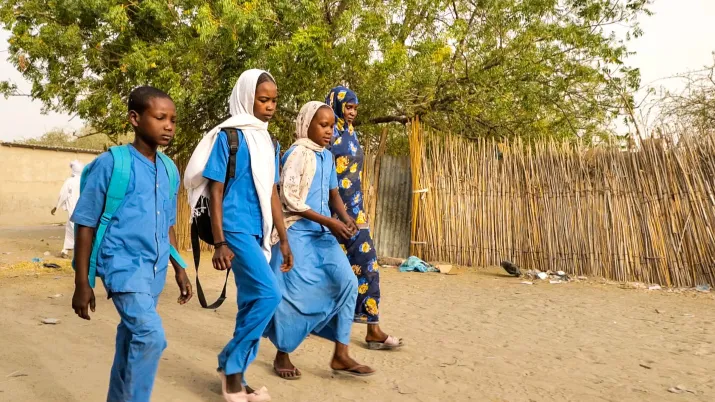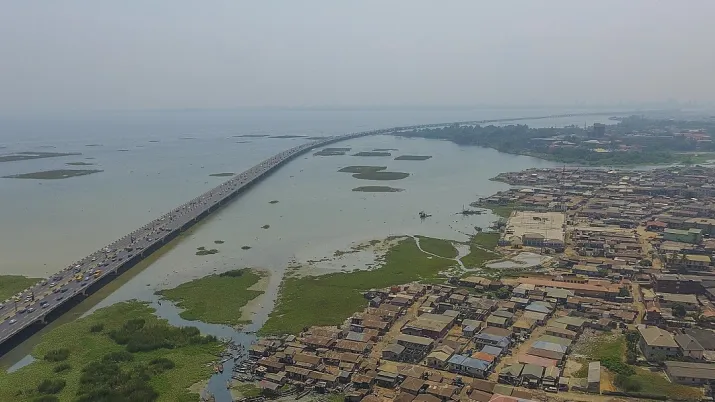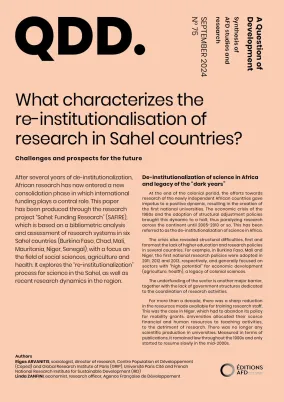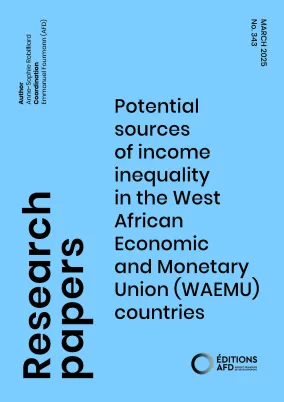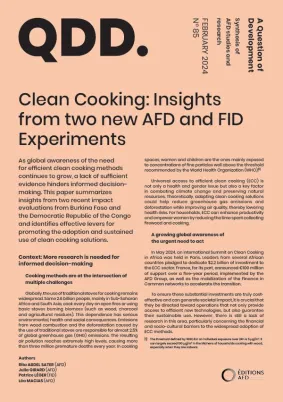Share the page
Research on West Africa
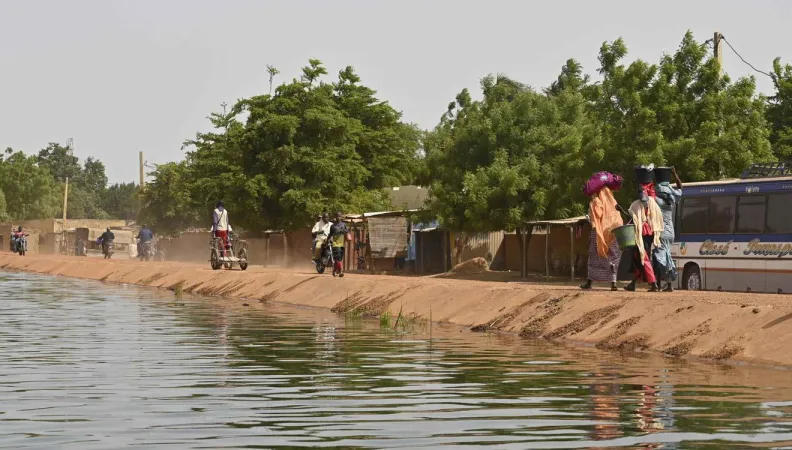
Currently in its closing phase, this research program aims to enhance and promote knowledge production on the West Africa, in close collaboration with West African researchers and contributors to public debate.
AFD supports the development and dissemination of knowledge on West Africa through three main areas of action:
- Operational research focused on the contexts, challenges, and stakeholders in the region;
- Strategic research programs on key issues for the region, with findings published by AFD Editions;
- Support for research institutions and spaces for public debate in West Africa.
Driven by AFD, numerous research initiatives have been carried out to analyze crises and conflicts in the West Africa region. These efforts support both strategic decision-making at AFD and the design or assessment of current and future projects—particularly through the Pasas platform.
Three main research themes emerge from this work:
- Individual drivers of crises: This includes studies on the sociopolitical processes that lead individuals to join armed groups—whether considered jihadist or not—as well as research into reintegration, disarmament, and the reallocation of wartime resources as part of post-crisis transitions.
- Governance challenges: Research focuses on the role and functioning of the state and public services in West Africa, along with cases of “substitute governance” by non-state actors—where local populations attempt to rebuild public services “from the bottom up” in the absence of the state.
- Global security issues: This area explores the tools and approaches used by the international community in response to conflict—including stabilization efforts, mediation strategies, and the so-called “3D approach” (Diplomacy, Development, Defense).
FOCUS ON...
The PASAS project, entrusted by AFD to IRD, is an operational platform for the production and dissemination of knowledge, particularly in fragile and crisis-affected areas of the Sahel.
A strong, autonomous national research ecosystem is essential for crafting effective responses to local development challenges. For this reason, research on West Africa should be primarily led in West Africa by West Africans. AFD supports this research in several key ways:
- By funding research across a wide range of disciplines—from social sciences to life and earth sciences.
- By helping to map and document the current state of West African research (scientific institutions, researcher trajectories, emerging think tanks), particularly in the social sciences, agronomic and environmental sciences, and health sciences.
- By identifying and supporting research institutions capable of informing and influencing the West African public debate with high-quality analysis and forward-thinking ideas.
- By backing other key civil society actors involved in regional foresight and idea-sharing alongside West African researchers—for example, through the Sahélien.ne.s 2040 program.
Understanding demographic and social challenges is essential to grasp the dynamics shaping West African societies, which are facing rapid population growth, extreme poverty, and high inequality:
- Research on education, training, youth integration, and decent employment sheds light on the major transitions in this very young region and supports West Africans on their path to empowerment and social and civic inclusion.
- Gender inequality remains stark in West Africa, especially in the Sahel region, holding back women’s empowerment and slowing economic and social progress. AFD addresses these issues by analyzing both barriers and success factors for women.
AFD also integrates the study of economic and social inequalities as a cross-cutting priority in its research. It has launched projects on multidimensional inequalities, assessed through six dimensions: health and life, education, living conditions, financial autonomy and decent work, political participation, and personal and legal security. These studies aim to inform public policy and enrich public debate.
Rapid population growth is reshaping both urban and rural areas in West Africa. Small towns are emerging from fast-growing villages, gradually transforming a predominantly agri-food economy and reconfiguring regional networks. These territories are also facing growing climate uncertainty—rising temperatures and increasingly erratic rainfall. As a result, economic vulnerabilities are deepening, and conflicts over natural resources are becoming more frequent.
AFD’s research focuses on:
- Documenting ongoing territorial transformations, including changes in agricultural production systems, food supply chains, informal settlements, and regional planning scenarios.
- Understanding the diverse systems for governing natural resources, and the legal pluralism involved—through approaches focused on commons, land tenure (Land Tenure Committee), pastoralism, and agricultural water (Costea Committee).
- Proposing tools and approaches to improve the sustainable management of these resources, such as irrigation techniques, land and climate information systems.
West African countries face a range of intertwined economic and social challenges, compounded by both internal and external pressures: political instability and geopolitical risks; humanitarian and security crises, including mass displacement, demographic pressure, ethnic conflicts, agro-pastoral tensions, and cross-border terrorism and banditry; weak public finances and external accounts supported by international donors; and extreme vulnerability to climate change
In this context, AFD’s country risk economists:
- Conduct diagnostics to better understand the development processes of affected states, identify economic growth paths, and detect associated economic, social, political, and financial vulnerabilities.
- Produce broader macroeconomic analyses on topics such as debt dynamics in developing countries, the relationship between taxation and inequality, and the effectiveness of public spending. These studies are published in AFD’s MacroDev collection.
Our research projects on the West Africa region
Our recent publications
Our research team
-
Stéphanie LEYRONAS
Research Officer

-
Serge RABIER
Research Officer, Social Demographer

-
Elodie RICHE
Research Officer
